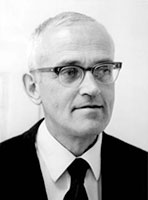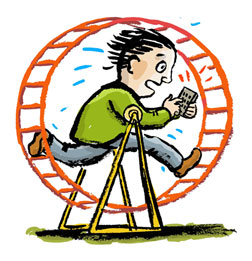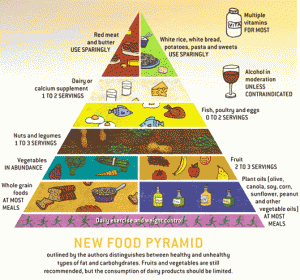
I’m currently reading A Short History of Nearly Everything by Bill Bryson. About a third of the way in he introduces Clair Cameron Patterson who could be the model of the modern citizen/scientist.
Here is a short synopsis of his career: Born in Iowa; attended Grinnell College, U of Iowa, U of Chicago; participated in the Manhattan Project to build the first Atomic Bomb, studied isotope decay in terrestrial rocks and meteorites to establish the age of the earth at 4.5 billion years; noticed during that research that all his samples were contaminated with lead; discovered that the lead was in the very air we breathe as a result of leaded gasoline and industrial processes; suffered at the hands of the powerful Ethyl Corporation and malicious bureaucratic forces; stood his ground and ultimately prevailed; lived to see lead removed from fuel and many other manufactured goods.
We can all breathe easier!
Biographical Memoir (PDF) (HTML)
Interview at Cal Tech (just before he died)
Obituaries (NY Times) (microbios.org)


